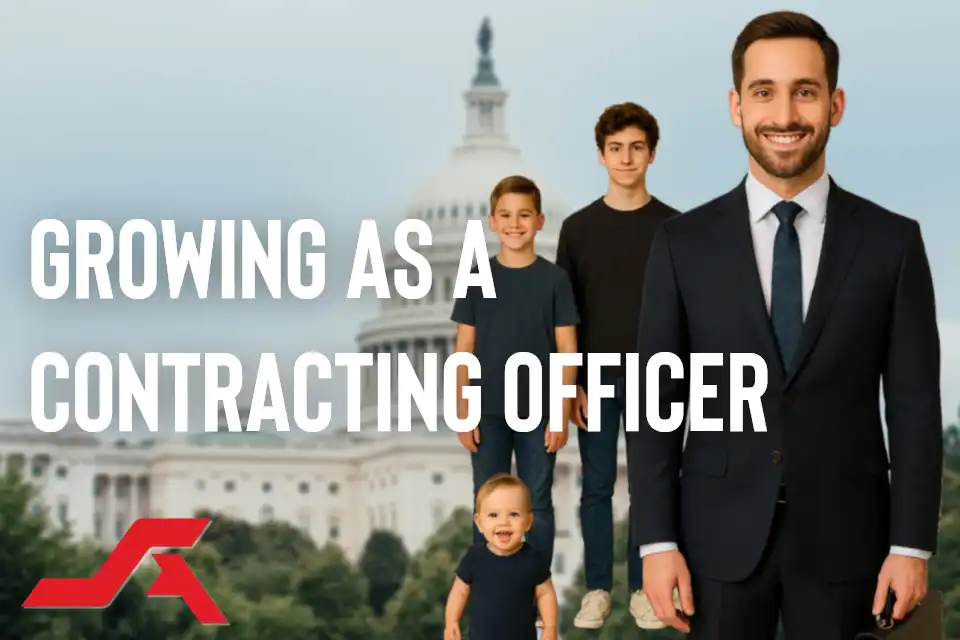Being a USG contracting officer is a tremendous responsibility. Becoming a warranted contracting officer entails the responsibility of obligating the government to purchase products and services. Most agencies require you to demonstrate proficiency in the basics of contracting as a specialist. This includes demonstrating an understanding of the regulations and managing acquisitions that result in awards to responsible and responsive vendors.
While training can provide a contract specialist with the basics, experience is a large part of what a contracting officer needs to do their job. No one can anticipate the challenges that might arise during the acquisition process. Over the course of my forty-plus years in this business, the need to have colleagues and mentors to talk to made me a better CO.
When I started as a contract specialist, I was assigned to a woman who had been handling contracts for over twenty years. What she taught me about buying spares for DLA in that first year gave me the confidence to ask for and receive my first warrant of $5,000 after only two years on the job. Throughout my career, I have always ensured that I have people with whom I can discuss possible courses of action to resolve a situation.
I realized after a few years that more and more new specialists would stop by and ask my advice. You never stop learning in this field, and when you become a CO, you find yourself viewed as a person of wisdom. The good contracting officers get known, and people seek them out for advice.
When I became what the Navy calls a Procuring Contracting Officer for a program office, even after twenty-five years on the job, I still needed the help and advice of those who had been in the same role, as this job presented a new challenge for me. Besides the help I received from my peers, I developed a rapport with the Program Manager, who was a USN Captain, who spent time educating me on the politics and process of major weapon system acquisition.
When two friends were promoted to the same position in other program offices a few years later, I made sure to sit them down and share my experiences growing in the job of being a PCO. The PCO title carried significant weight and responsibility.
My last assignment involved working on a joint program between the USAF and USN to field a new capability for both services. When I met with the USAF team, the lead CS was applying for a warrant. One night, after the day’s meetings were over, the USAF CO, the CS, and I went to dinner. Over dinner, we educated the CS on the types of questions she should expect when she appeared before the USAF warrant board. Of course, she nailed it on the first try and got a warrant.
Skyway has experienced COs who can serve as the mentors you need to develop your skill sets as a contracts professional, both in the private sector and in government. With all the losses of experienced personnel, agencies will struggle to train and mentor those who move into the vacated positions. Skyway can provide that kind of support.



